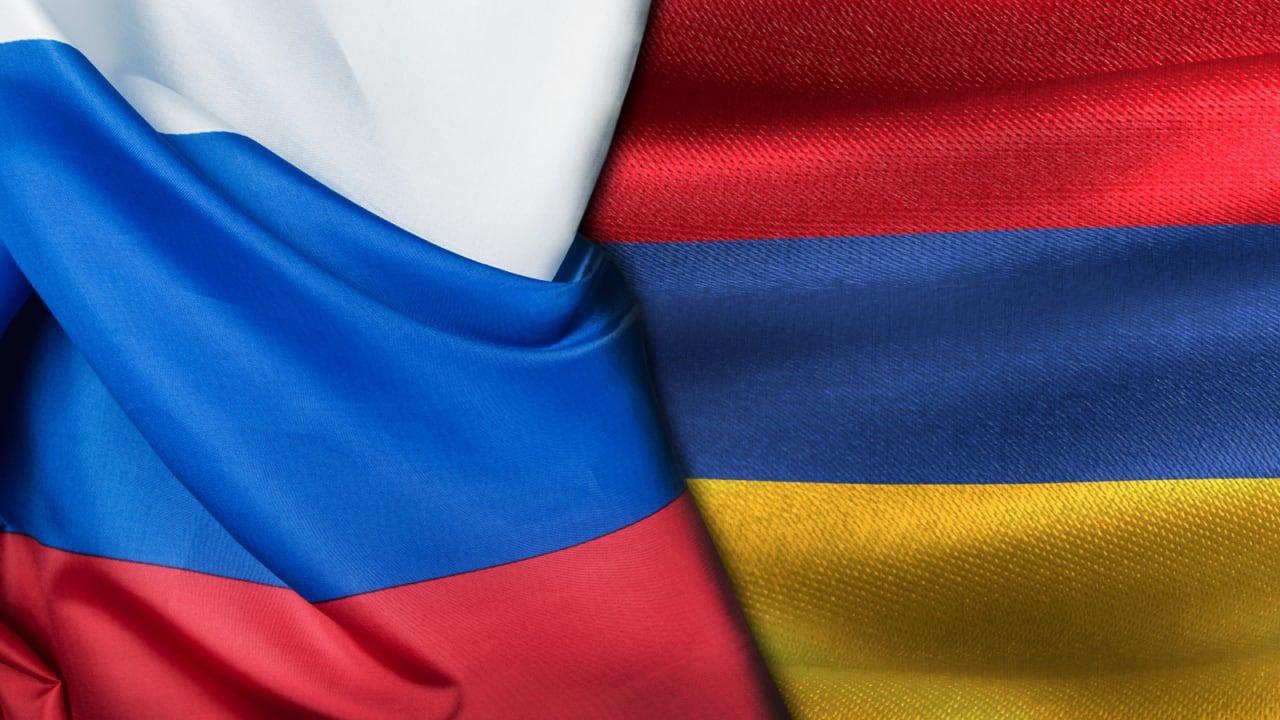Ex-Armenian defence minister reveals Russia's bias in Azerbaijan-Armenia conflict
Former Armenian Defence Minister Arshak Karapetyan recently spoke at a round table dedicated to Russian-Armenian relations, Tsargrad reports.
In his address, Karapetyan recounted his experience in trilateral negotiations with Azerbaijan, highlighting Russia's consistent support for Armenia. "Even when the delegations sat down at the table, Russian representatives were on the same side as Armenian representatives," he noted.
To understand the significance of Karapetyan's statements, it's essential to revisit his controversial career. During the four-day battles in April 2016, Karapetyan served as the head of the Intelligence Department of the General Staff of the Armenian Armed Forces. Following the Armenian army's defeat, he was dismissed by then-President Serzh Sargsyan, who was seeking a scapegoat to maintain his grip on power. Sargsyan's attempt to frame the defeat as a victory failed, leading to his overthrow in the "Velvet Revolution." Karapetyan, once ousted, supported the revolution and Nikol Pashinyan, who is now the Prime Minister of Armenia and the target of Karapetyan's current efforts to overthrow.
Karapetyan was later appointed first deputy defence minister and, in August 2021, became Armenia's defence minister upon Pashinyan's recommendation. However, his tenure was brief, ending after a failed provocation by Armenian servicemen in the Lachin direction. Armenian media reported that the Armenian armed forces attempted to block Azerbaijani supply routes but were thwarted by Azerbaijani troops, resulting in Karapetyan's dismissal. Interestingly, even Armenian media have labelled Karapetyan a general who fled from Azerbaijani special forces.
Now, Karapetyan's recent statements have raised eyebrows. His confession reveals that Russia has never been an impartial arbiter in the Armenian-Azerbaijani conflict, always siding with Armenia, the occupying country. While this has long been suspected by the Azerbaijani public, Karapetyan's admission underscores the biased nature of Russia's involvement. Karapetyan, reportedly controlled by Russian handlers aiming to overthrow Pashinyan, resides in Russia and made his statement there.

This revelation calls into question Russia's role and parallels the biases of the United States and France, the other co-chairs of the now-defunct OSCE Minsk Group. These countries also supported Armenia, disregarding international law, UN Security Council resolutions, and Azerbaijan's territorial integrity to maintain leverage over Azerbaijan.
Azerbaijan's historic victory in the 44-day war and the subsequent one-day anti-terrorist operation in the Karabakh economic region have rendered the plans of the OSCE Minsk Group co-chair countries obsolete. The past support for Armenia is now irrelevant. This victory is a crucial reminder for current and future generations of Azerbaijani citizens, highlighting the importance of remembering and learning from their nation's triumphs.
Azerbaijani President Ilham Aliyev emphasized this point during a meeting with the presidents of parliaments of TURKPA member countries, proposing that Armenia and Azerbaijan jointly request the OSCE to dissolve the Minsk Group. "There is no need for the Minsk Group; it is not functioning now. We de facto will not allow it to function. What remains is de jure. Legally to abolish it, and this will show how sincere Armenia was. If Armenia prefers the preservation of the Minsk Group, it means that their territorial claims to us continue," Aliyev stressed.
It is noteworthy that Armenian Prime Minister Nikol Pashinyan recently acknowledged the Azerbaijani president's stance, stating, "The OSCE Minsk Group holds symbolic significance in our political discourse. However, it's clear that its members ceased communication after February 2022, rendering the Group effectively non-existent." Despite this, there has been no visible action to back these words. Nevertheless, it's evident that Azerbaijan has grown strong enough to achieve its objectives independently of external agendas utilizing Armenia for their own interests. If this was Arshak Karapetyan's intended recognition, clarity in his statements would have been beneficial.








